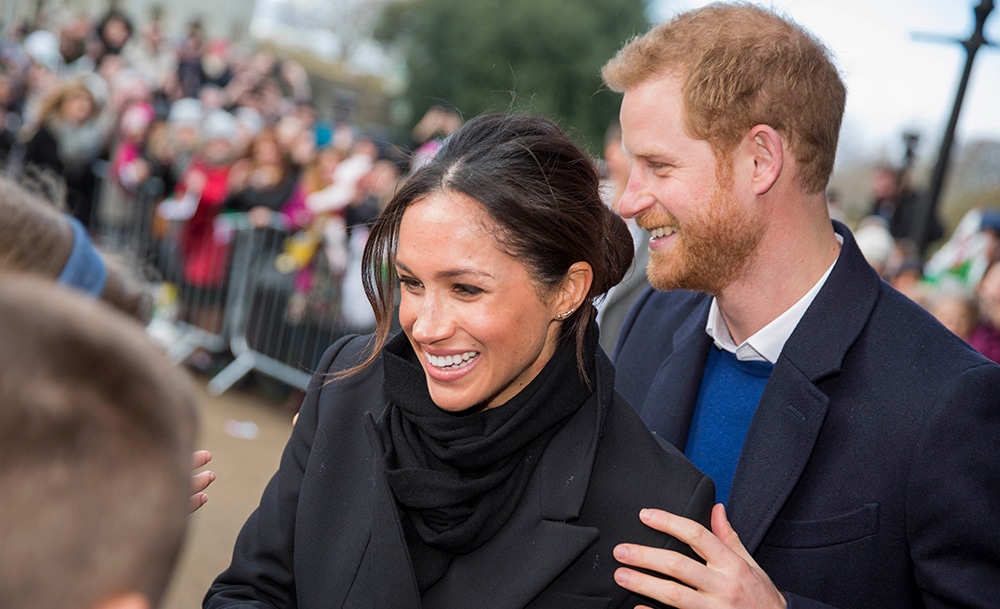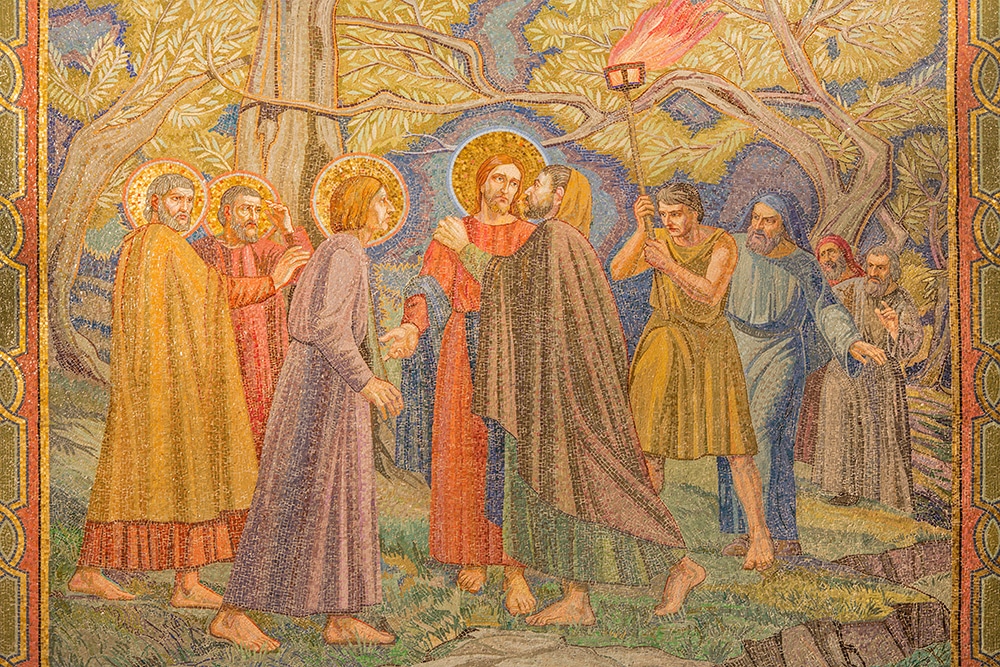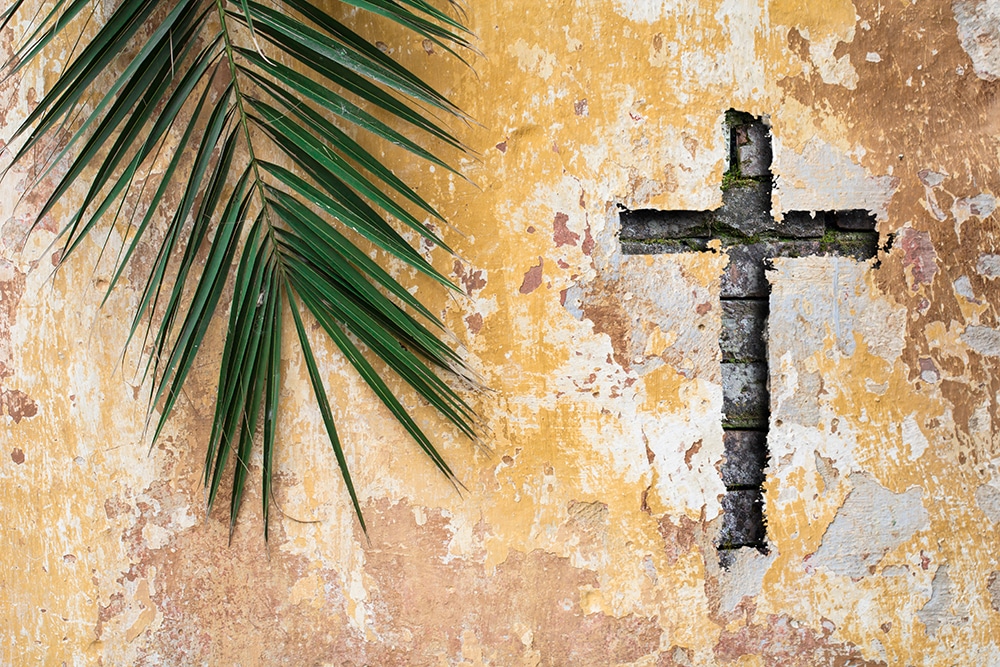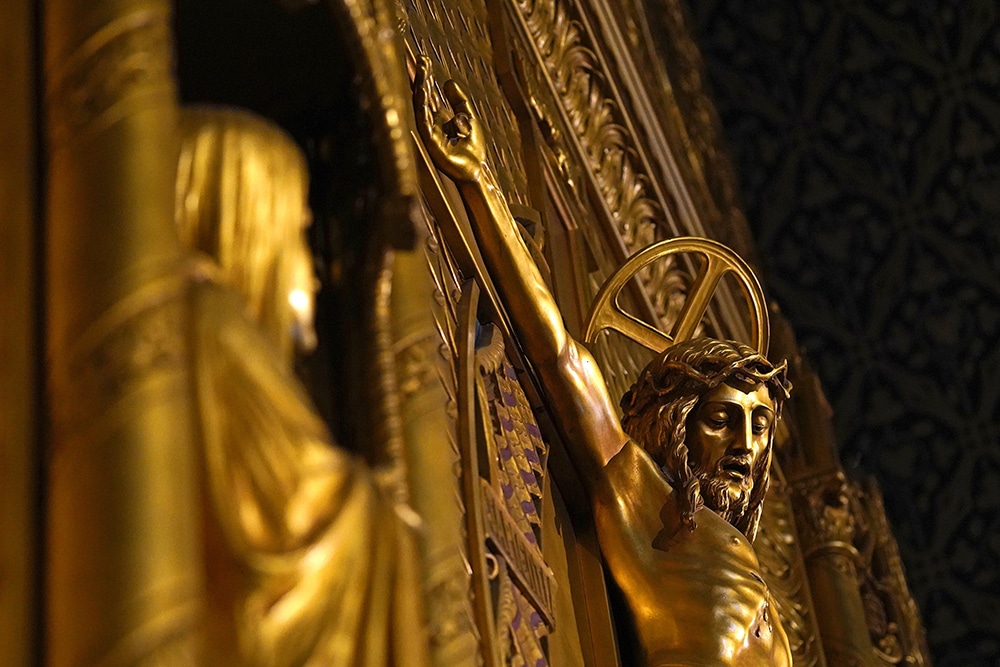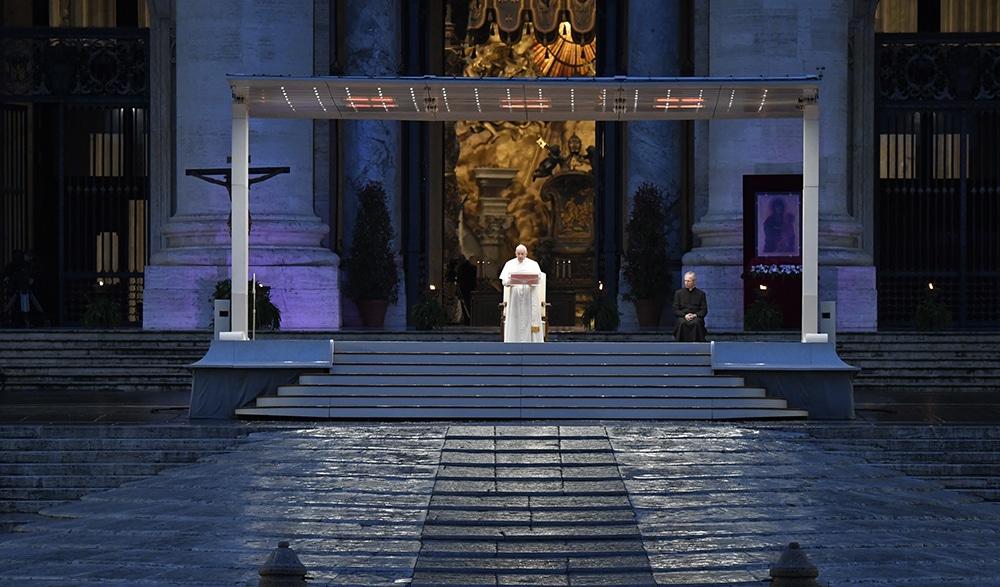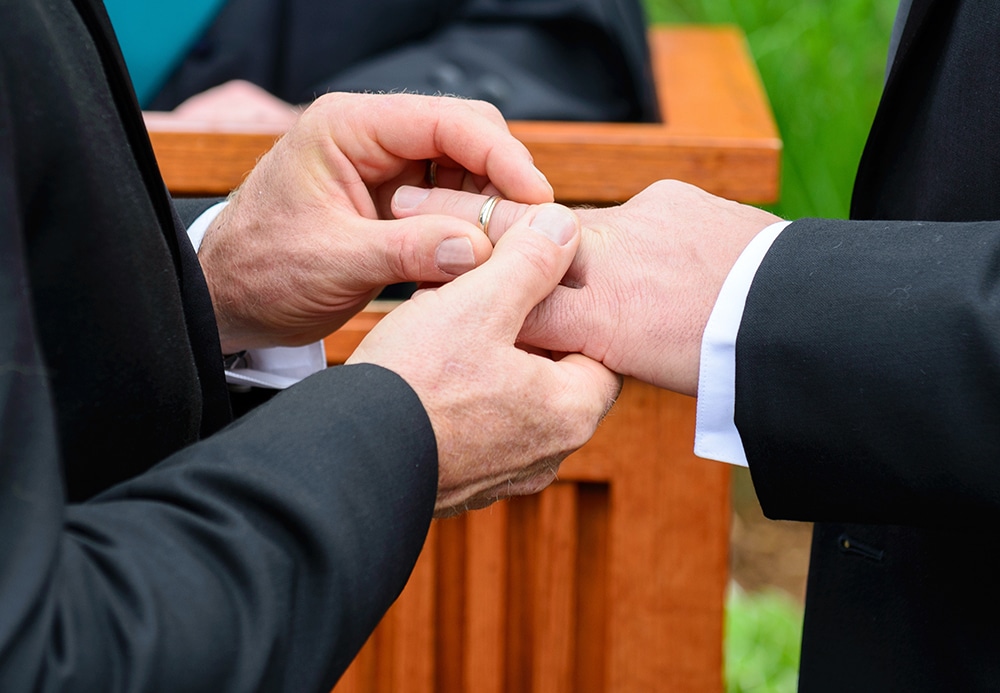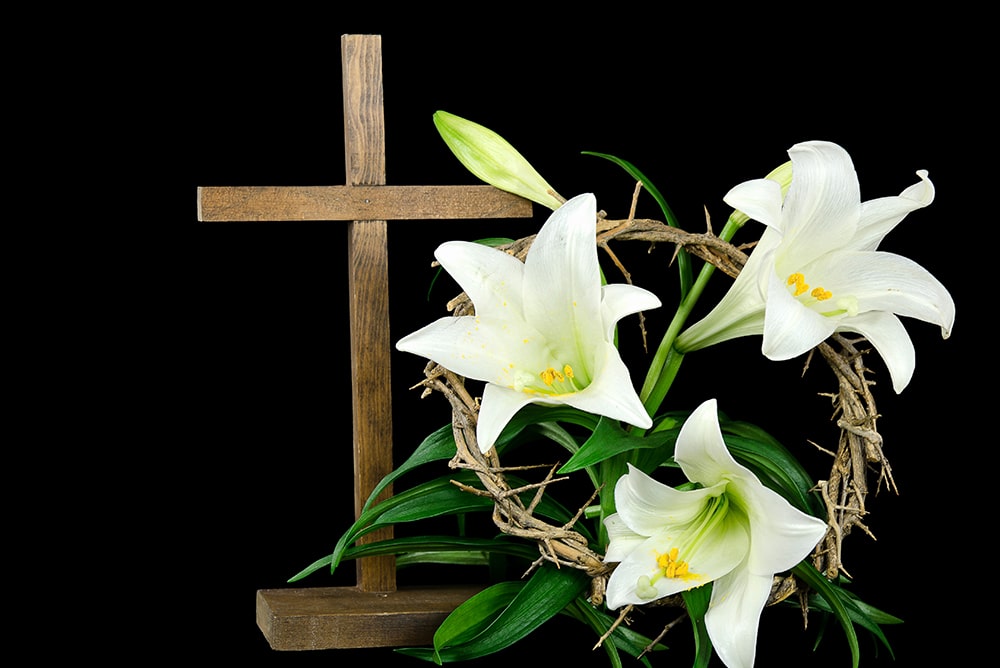 Britain’s royalty is back in the news in this country, big time, because of the widely watched televised interview, by Oprah Winfrey, of Prince Harry, duke of Sussex, Queen Elizabeth II’s grandson, and his American wife, Meghan Markle.
Britain’s royalty is back in the news in this country, big time, because of the widely watched televised interview, by Oprah Winfrey, of Prince Harry, duke of Sussex, Queen Elizabeth II’s grandson, and his American wife, Meghan Markle.
As an aside, it is too bad that the fixation of many Americans and media on the British royals ignores Europe’s other monarchies. The Belgian and Luxembourg royals, for example, are fine, stable, solidly Catholic families.
Spain’s king and queen are practicing Catholics, rearing their two young daughters in the Church. Not long ago, it was big news, a national event, in Spain when one of the girls made her first holy Communion — but in the United States, not a second’s attention in the media.
For that matter, while they are Protestants, the Danish, Dutch, Norwegian and Swedish royal families are admirable. None is composed exclusively of members as pure as the driven snow, but every family has someone who has not pleased everyone. The family life of Japan’s emperor and empress is quite wholesome, as every Japanese knows.
Even in the rare atmosphere of their world, even among their crowned peers, British royalty in the last analysis is just another family, with its joys, and difficulties, just like anybody else. (By the way, Elizabeth II’s seven other grandchildren are living tranquil lives.)
Several lessons might be learned from the interview. First, marriage is a total way of life, bringing each spouse completely into the life of the other, and this is right and proper.
The Church implores couples to think long and hard before they tie the knot. Now and then, a person decides to marry another whose occupation, family tradition, past experiences, finances, philosophy or religious views are different, and this later leads to discord. These factors do not always come to be after the wedding. Many preexist. The Church urges considering all the unique circumstances.
The Church is wise, learning from millennia of human experience, as well as principle. It is not a bunch of elderly celibates in Roman palaces laying down the law. Church policy is not hard-hearted. Its purpose is to avoid future pain.
Thinking before marriage occurs about what marriage truly will mean is an obligation spouses owe to themselves and to each other. Underline “obligation.”
The difficulties revealed by Prince Harry and his wife are unique in themselves and to the realities in which he, or she, had been born and had known, or developed more recently, but, removing the features of personality and the glitter, it is a situation hardly uncommon in society.
Spotlighted by the interview is a problem hardly peculiar to the marriage of Harry and Meghan. Her mother is African-American. Her father is European-American. “Mixed race” is an issue for families anywhere. This is most unfortunate, too often rising from racism, even if unspoken, but it is real.
Referring to it in the interview might provoke serious political side-effects. Queen Elizabeth II is the constitutional head of state of several nations overwhelmingly composed of persons of African descent, with slavery vividly in the background, since as much as being the queen, and symbolic leader, of Britain, she is queen of Jamaica, the Bahamas, Belize, St. Lucia, Barbados and Grenada.
She is queen of Canada, with its “Indian,” Eskimo, and now Asian and Polynesian populations, and head of state of the Solomon Islands, Papua New Guinea, Australia and New Zealand, with their indigenous peoples not descended from European colonists.
Even to hint that racial bigotry exists in the queen’s family, let alone in the heart of the queen herself, is quite serious, possibly upsetting the order of entire nations.
This question pertains to Britain’s royals, but racism is a disease infecting vast numbers of people. In America, as elsewhere, we must face the fact.
The much-discussed interview is more than about two spouses or a family. It has lessons for all.
Msgr. Owen F. Campion is OSV’s chaplain.

